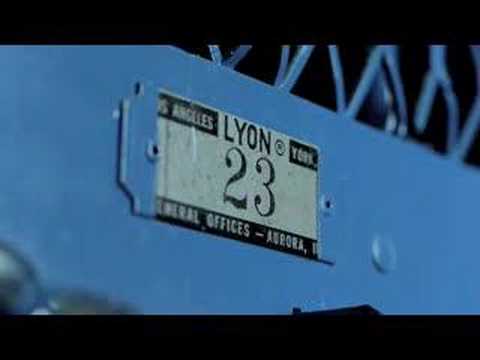During the pandemic lockdown, one of the saving graces for me was the release of The Last Dance — an epic docuseries about Michael Jordan and the Chicago Bulls. In the late spring of 2020, when everything was canceled and nobody was allowed to play sports, ESPN mercifully decided to move up the scheduled airing of this docuseries. Over the course of ten weeks, America was able to witness, once again, the maniacal competitive force that was MJ.
Bulls general manager Jerry Krause had already decided to break up the team, win or lose, following the 1997-98 NBA season. Even if the Bulls were to win a championship (which they did) and complete their second three-peat of the decade (which they did), this was the end of the line for the group.
Bulls head coach Phil Jackson was a competitive hippie from Montana who had studied Native American spiritual practices. They called him the Zen Master. He came up with a theme for each season, and so he named the 1997-98 season the Last Dance.
Jordan commercial — “Maybe It’s My Fault” (2008)
Six years after Jordan’s last championship, Team USA basketball won the bronze medal in the Olympic games. It was a national humiliation. Since Team USA started allowing professional basketball players to compete in 1992, we had learned to expect nothing but gold medals.
The Dream Team of the 1992 Olympic games was probably the best team ever assembled in the history of sports. Jordan was the best player on a team that included eleven future Hall of Famers. Every game was a blowout victory.
Jordan’s status as a global icon elevated the international game. By 2004 the disparity between the United States and the rest of the world had been eliminated. The indignity of the bronze medal sparked a call for revival.
Enter the Redeem Team.
Many of you will remember the story of the Redeem Team, and if you don’t, there is a documentary airing on Netflix right now called The Redeem Team.
Spoiler alert: Team USA won the gold medal in 2008.
I won’t re-tell the entire story, but I do want to highlight an important step in the process.
Choosing the right head coach.
This was not a decision to make lightly. National pride was on the line. There were many good coaches to choose from.
All eyes were on Jerry Colangelo, who had built the Phoenix Suns and Arizona Diamondbacks organizations from scratch.
From a Harvard Business Review article by Jeffery M. Cohn,
NBA commissioner David Stern chose Colangelo in 2005 to change the culture of the Team USA basketball organization, which meant creating a cohesive, winning team out of a group of egotistical, strong-willed, and free-wheeling players.
When he was deciding who to pick as coach for Team USA basketball, Jerry Colangelo took pains to seek the input of former Olympic athletes and coaches, including Michael Jordan, Larry Bird, Jerry West, Dean Smith, Lenny Wilkens, and Chuck Daly.
Little by little, Colangelo started creating a composite mental image of the kinds of goals, emotions, fears, and challenges an Olympian might face on the world stage. Only then could he shift the conversation to the ideal coach for this context. “Above and beyond a high basketball IQ and a good track-record, what qualities should our dream coach possess?” Colangelo asked the coaches and players. After some heated back and forth, a small handful of critical qualities emerged as priorities, including integrity, passion, transparency, and empathy. Despite the diversity of opinion and personal background, everyone agreed that these qualities were non-negotiable. To Colangelo, this upfront consensus was critical for future buy-in.
Integrity. Passion. Transparency. Empathy.
These were the leadership qualities pinpointed by some of the most successful and competitive individuals in sports. Mind you, these were qualities being discussed not for the purposes of a “nice guy of the year” award, but for the purposes of winning an Olympic gold on a highly competitive world stage.
These were also the qualities touted by legendary UCLA basketball coach John Wooden. His teams won ten NCAA championships. Wooden spent his entire life studying the building blocks of competitive greatness. Among the qualities he considered essential were integrity (purity of intention), honesty (in thought and action), and sincerity (keeps friends).
In the year 2022, we are told we need nihilistic fighters in the public square. We are told that character doesn’t count. That honesty is for suckers.
If you listen to the greatest winners in American history, they will tell you the opposite is true.



Insightful commentary.
“Integrity. Passion. Transparency. Empathy.” These are values we need to lead with in public service of all kinds. They are not weak. They are the foundations of strength. They are not about feckless agreements but hard won compromise. They are about standing up with dignity for and with our friends, colleagues, allies, and countrymen.